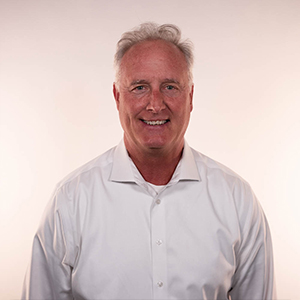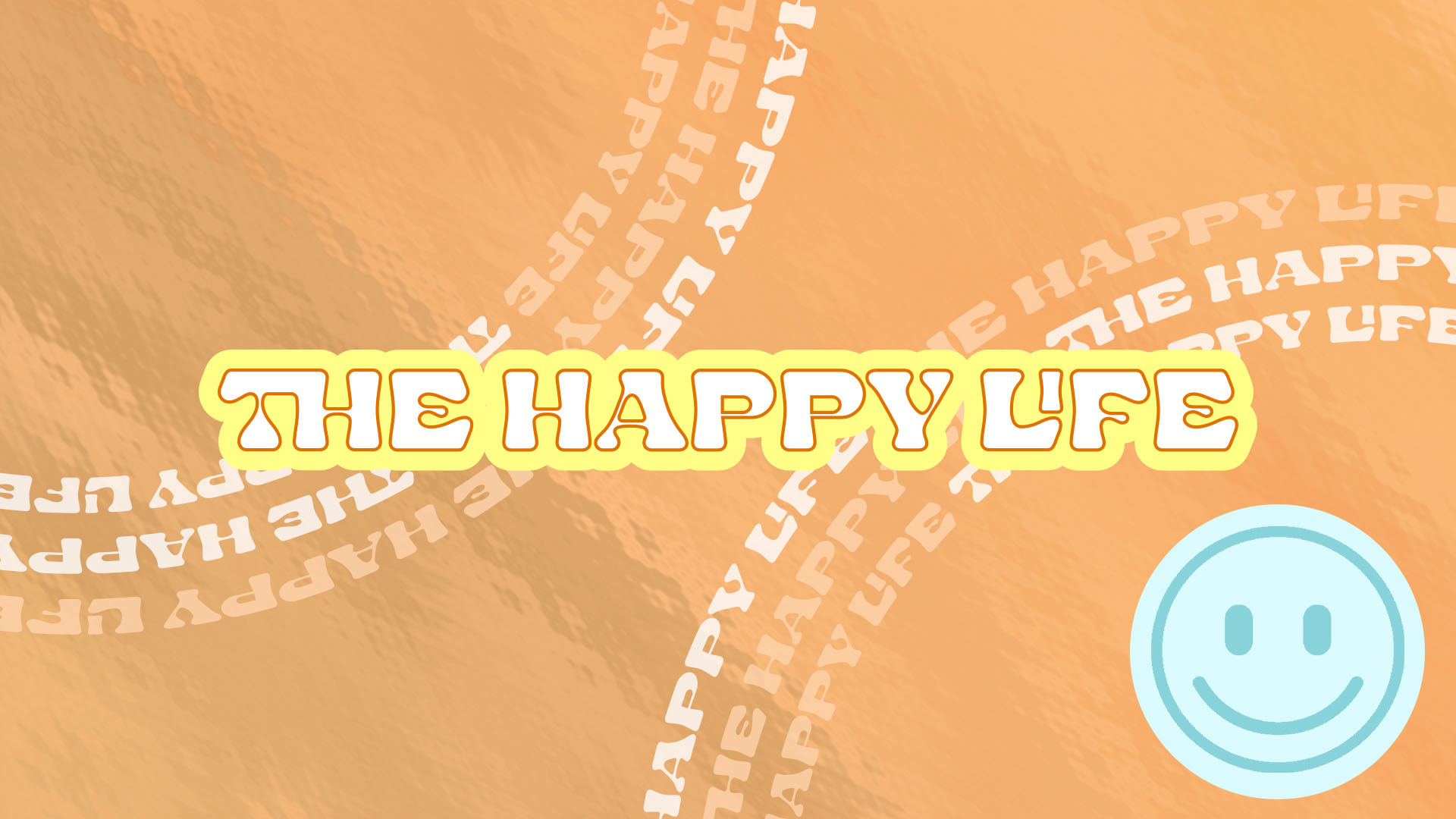The Happy Life
Discussion & Practice
- Read 2 Timothy 4:1-8. For what purpose are you pouring out your own life right now? Where are you spending the majority of your time and energy?
- Have any of these four pillars (career, health, relationships, service) become an idol for you in this season? If so, explain what that looks like. If they don't seem to be idols right now, which of these pillars have you made central in your life in the past?
- Who do you have in your life that can ask the hard questions and say the hard things when your life is out of balance?
- Are there are ever seasons of life when it is good to be a little unbalanced? Why or why not? How would you argue your opinion biblically?
- Discuss the impact the gospel has on each of these four pillars.
Practice: Ask a few of your closest relationships this week how balanced they think you are in these four areas. What seems to be the consensus of those closest to you? Ask God what he wants from your life in this season and where he wants you to focus your efforts. How can you place him at the center of it all?
Notes
I’ve been going through a transition in my life this past year and I’ve read some good books about transitioning in your career.
From Strength to Strength is a book I’ve been going through. The author is a social scientist that has done a number of studies. I love looking at biographies and seeing what people do in their lives.
This series could also be called The Fulfilled Life.
A lot of people who are “successful” by the world’s standards aren’t fulfilled.
I want to do a word picture today. I would propose there are four pillars in life. One of those pillars is our career or our work. Another Pillar relates to self-health. The fourth is relationships. A lot of research talks about the importance of relationships and how vital that is to being successful. The last pillar is service.

I want to spend the day talking through these pillars. We need to keep these in balance.
In this book, the author asks who is the most famous or successful entrepreneur in history.? He says it was the Apostle Paul. He organized the gospel into coherent theology and spread it around the world.
We would step back and say, it wasn’t all Paul. It was the good news of salvation through Jesus Christ. And many people helped spread Christianity. But it was interesting that he said Paul is the most successful entrepreneur. He kept all these areas of his life in balance.
The author was on an airplane and someone around him said his life is worthless and no one would miss him. When the plane lands, he says it was someone he knew that appeared to be very successful. He had no fulfillment in life.
When you look at your career, one of the things you have to look at is being a workaholic. It was interesting to read these questions that are signs of being a workaholic. Do you usually spend your discretionary time in work activities? Do you fail to spend your energy on loved ones after work? Do you spend any time away from work for activities with loved ones?
I grew up in a very competitive family that worked hard to get ahead. Workaholics don’t truly crave work but success. A workaholic kills himself working for money, power, and prestige, because they are forms of applause, approval, and competence.
Workaholics sacrifice these other pillars in their lives. Kevin O’Leary clip says there is no soccer game on Saturday or family dinner on Sunday if you want to be successful. That’s the world’s version of success.
The success addict is never successful enough. It’s always onto the next success because the high wears off.
I had to get a new car this year and was excited about the new features. But there are a lot of people with this kind of car. You always hear the phrase that he who dies with the most toys wins. But he who dies with the most toys still dies.
A cousin of pride is fear. The fear of failure. Those people are motivated more by the possibility of messing up. Many success addicts feel unsuccessful when they see someone higher than them.
Social scientists show that more things don’t buy happiness.
Social media has made things ten times worse. Jill and I got to hang out with an influencer with over 500,000 followers. Clothing companies pay her six figures a month. But her faith is important to her. They felt God saying they needed to take a sabbath. She turned her phone off and her business grew.
Are you a success addict? Do you define your self worth by your position? Do you fail to see clearly what comes after your last success? Do you dream about being remembered for your professional successes?
We have to take the idols out of our lives. It requires an admission of the truth and a willingness to change. You also need people to hold you accountable and ask tough questions.
When your life is out of balance it is eventually going to fall.
The second pillar is self health. There are three important areas of health.

Notice Paul’s work ethic. I think of the story in Acts 20 where he’s up all night speaking and teaching the church. He loved the church. But he kept these other areas of his life healthy. At this time in history, you had to walk everywhere.
How many people sacrifice work and career and leave themselves neglected.
The second part of this pillar is emotional health. You need time away from people and from your phone. You see Jesus practicing this. He spent a lot of time in the mountains and the beach. He needed time alone with the Father.
Spiritual health is so important. I’m always amazed at Paul’s prayer life. I can graph my stress level by my quiet times.
The third pillar is relationships. We went up to Jackson Hole and came across a lot of Aspen Trees, which are white, skinny trees. They had 400 inches of snow. But what makes them so strong is the root system.

More and more studies are showing how important relationships are. Harvard did a study that tracked disadvantaged youths from Boston. The study tracked their happiness and health. One category was above average and the other was below. Some of the predictors weren’t controllable. More useful was the factors we could influence. There were 7 indicators. 4 of those were health related like limiting smoking and alcohol. Adaptive coping style. Lifelong purposeful learning and reading. The last one though was having stable, long-term relationships. People you could count on no matter what came your way.
What kind of relationships should we focus on? Your relationship with God, first and foremost. Your family is important. If you’re married, you should focus on your spouse. You have to have a commitment to continue working on your marriage.
It’s interesting that all the studies emphasize that happiness comes when you have other close relationships beside your spouse.
You also have to figure out what your goal in parenting is. Probably one of the best books on parenting is Andy Stanley’s book Choosing to Cheat. He chose to cheat his work to put emphasis on his family.
Studies show that having at least two meaningful relationships other than your spouse is important. You also need mentors and to spend time mentoring.
Jill really helps me in this area. I struggle, like a lot of guys, having strong male relationships.
If you read through Acts and Paul’s epistles, you’ll see many relationships he had.

How do you begin developing those relationships? You have to be honest and express your desire for them. You have to be intentional.
Community is a strong emphasis at Hillside. There are many ways you can connect relationally here. Our Life Group has been our lifeblood here.
The last pillar is service to others. Studies show you’re healthier when your focus is off yourself and onto others.
They say, find the work you love and you’ll never work a day in your life. Find a way to serve others in your work.
When you want to find a place to serve, ask what really breaks your heart.
The sponsorship program we have is amazing because we have a relational connection with the people. What breaks our heart is seeing the poorest children and giving them a chance to get educated.
We have churches involved in Uganda and other places now.
This doesn’t mean you won’t go through tough times. Paul had a thorn in his flesh.

No one knows what the thorn was in Paul’s flesh. But God did not take it away because it made him rely on God’s grace.
What type of person do you want to be? We should acknowledge loss openly and continue to serve others with faith.
Many of you know Jay and Kim Lyda. Jay was diagnosed with a brain tumor, but they’ve had this attitude of making every day count. Jay has a successful business, and Kim had to get her insurance license to keep it going. But they’ve also been involved in Honduras and MOPS and D-Groups. They’ve stayed focused and kept balance over these last couple of years.
How is your balance? Are these four pillars active in your life?

This car was created by a guy named John Delorean. He went and visited the retired president of GM. Instead of finding a contented king of industry, he found his life purposeless and irrelevant. It made him think about his own future. He started pursing things he thought would make him happy. He divorced his wife, married someone else, died his hair, started writing novels. His story ended badly. He started his own company, but that car was terribly made and very slow and prompted him towards bankruptcy. He turned to the drug business. He was busted trying to sell cocaine to a federal agent. People would say you could tell if a Delorean was on your street because the white lines were gone.

Bach went through tough times. His spiritual life was rich. He finished all of his scores with “Glory to God alone.” He believed every note was divinely inspired. He said he plays the notes that were written, but God made them music. He died a happy man, not because of his success as a composer, but because he kept these four pillars balanced and cultivated relationship with God and others.


